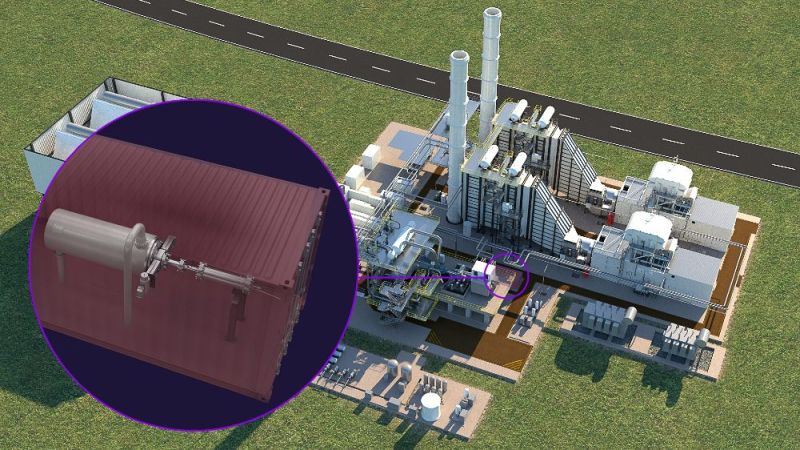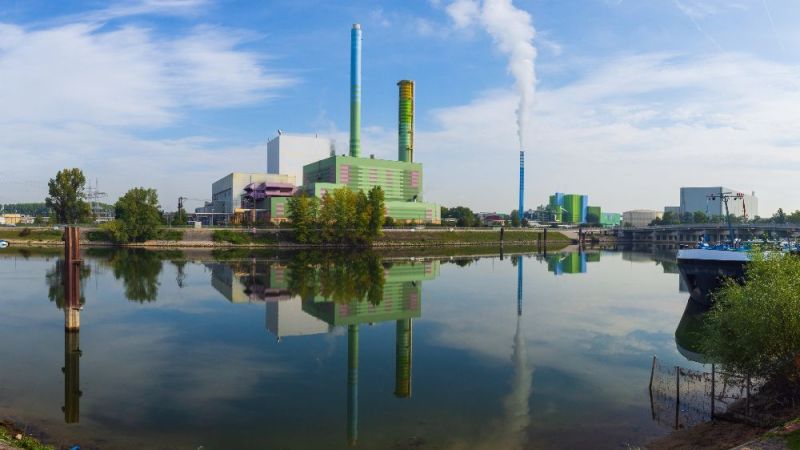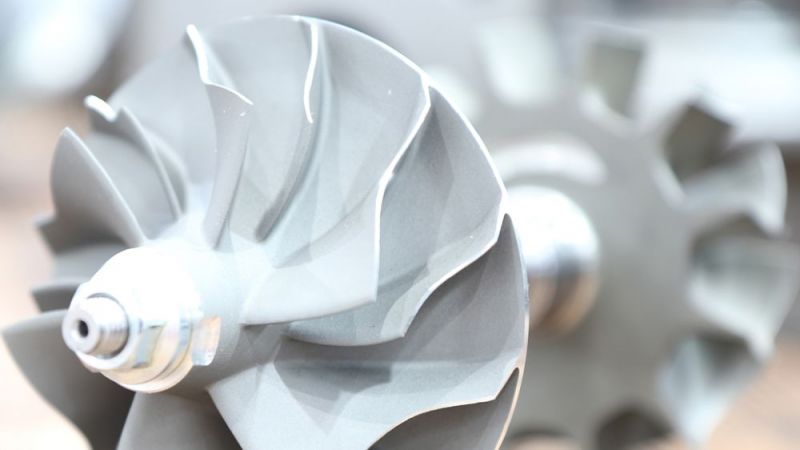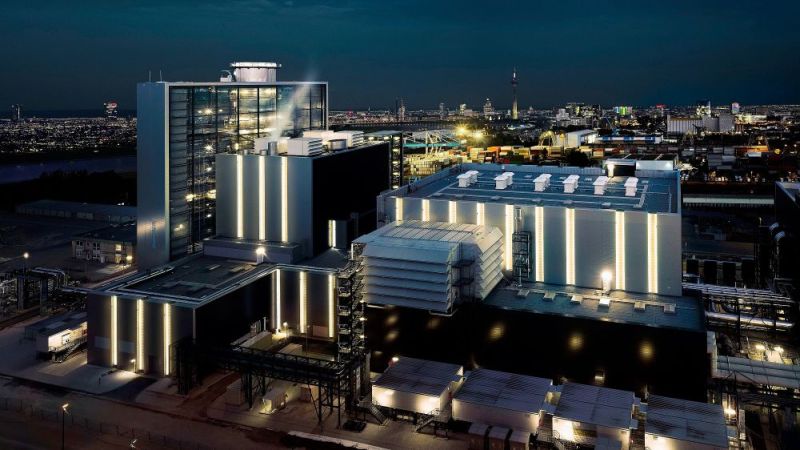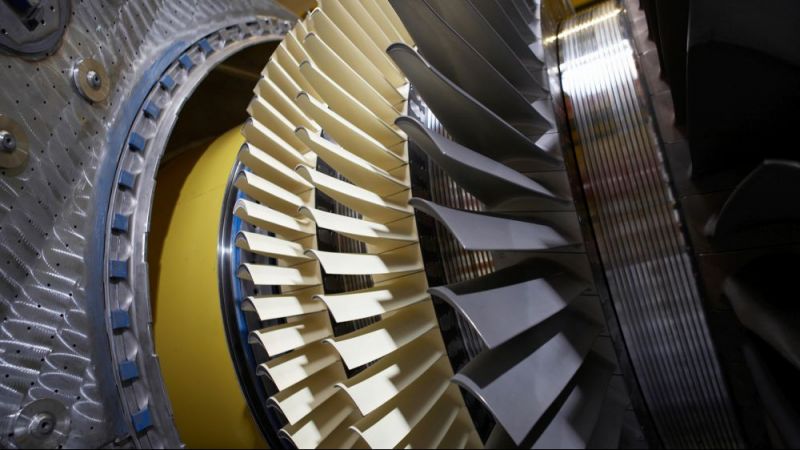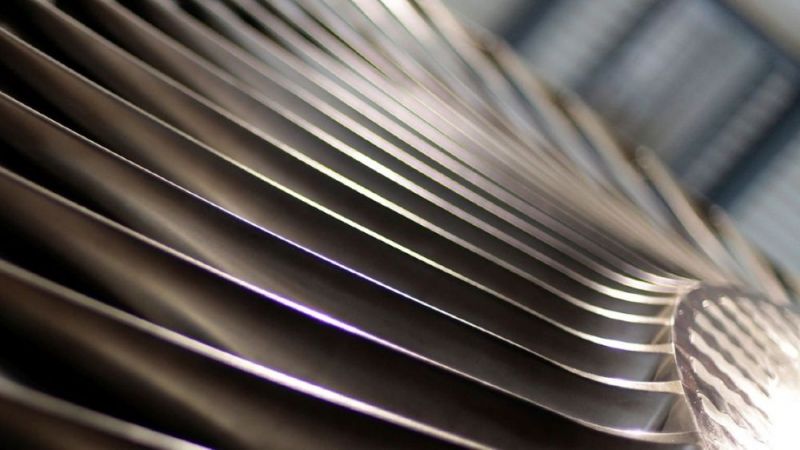Photovoltaics
Projects starting in the current Joint Call of SOLAR-ERA.NET
40 years lifetime or organic solar cells in the agricultural sector - the new projects increase the efficiency and benefits of photovoltaics.
The current Joint Call "Cofund 2" of the European network SOLAR-ERA.NET aims to further reduce the cost of using solar power while at the same time increasing its efficiency and reliability. Four projects with German participation have successfully applied for funding - two of them have now commenced work, and two others are expected to begin this year.
Within the PV40+ project now launched, the project partners from Germany, Austria and Turkey are planning to extend the lifetime of photovoltaic modules to over 40 years. In addition to the costs saved, this also benefits the environment - fewer modules have to be produced or recycled. Photovoltaic modules currently achieve an average lifetime of 25 years. The project partners are investigating both classic modules based on crystalline silicon wafers as well as CIGS thin-film modules. Participants on the German side include NICE Solar Energy and the Centre for Solar Energy and Hydrogen Research Baden-Württemberg (ZSW). NICE Solar Energy focuses on the architecture as well as the materials used in the CIGS modules. The scientists are also planning to test innovative encapsulation foils. "We assume that the encapsulation of the module has a significant influence on the lifetime," explains project manager Raymund Schaeffler. The foils commonly used so far can cause acetic acid to form during operation, which in turn reduces the performance of the module due to the resulting consequential damage. In parallel, the ZSW develops accelerated test procedures to validate the long-term durability of such new special modules. The scientists also expect to gain fundamental insights into the functionality of photovoltaic modules that are operated for 40 years and more.
Organic photovoltaics on greenhouses allows sunrays to pass through to plants
The ORIONproject, short for "ORganIc PhOtovoltaic GreeNhouse", started at the same time. On the German side, the company Armor solar power films is involved, along with other partners from Greece and Israel. The project partners aim to use modules based on organic photovoltaics (OPV) on or in greenhouses. "This application has great potential," says project manager Dr Sebastian Meier from Armor solar power films, "but organic photovoltaics for greenhouses has received little attention so far". The plastic used for greenhouse tunnels is very similar to the material used for OPV modules, he explains. Furthermore, the semi-transparent photovoltaic layer can be produced in such a way that the radiation required for growth can pass through to the plants unimpeded. The necessary adaptations and feasibility studies, including on the economic aspects, are now part of the new European project.
The SOLAR-ERA.NET is a European network of national and regional funding organisations. Through research and innovation programmes, it contributes to implementing the goals of the Solar Europe Industry Initiative (SEII): Accelerating the development and use of solar technology, thereby contributing to the European Strategic Energy Technology Plan (SET Plan). With the SET-Plan adopted in 2008, the European Union is pursuing a funding strategy to make low-carbon energy technologies competitive in the near future.


